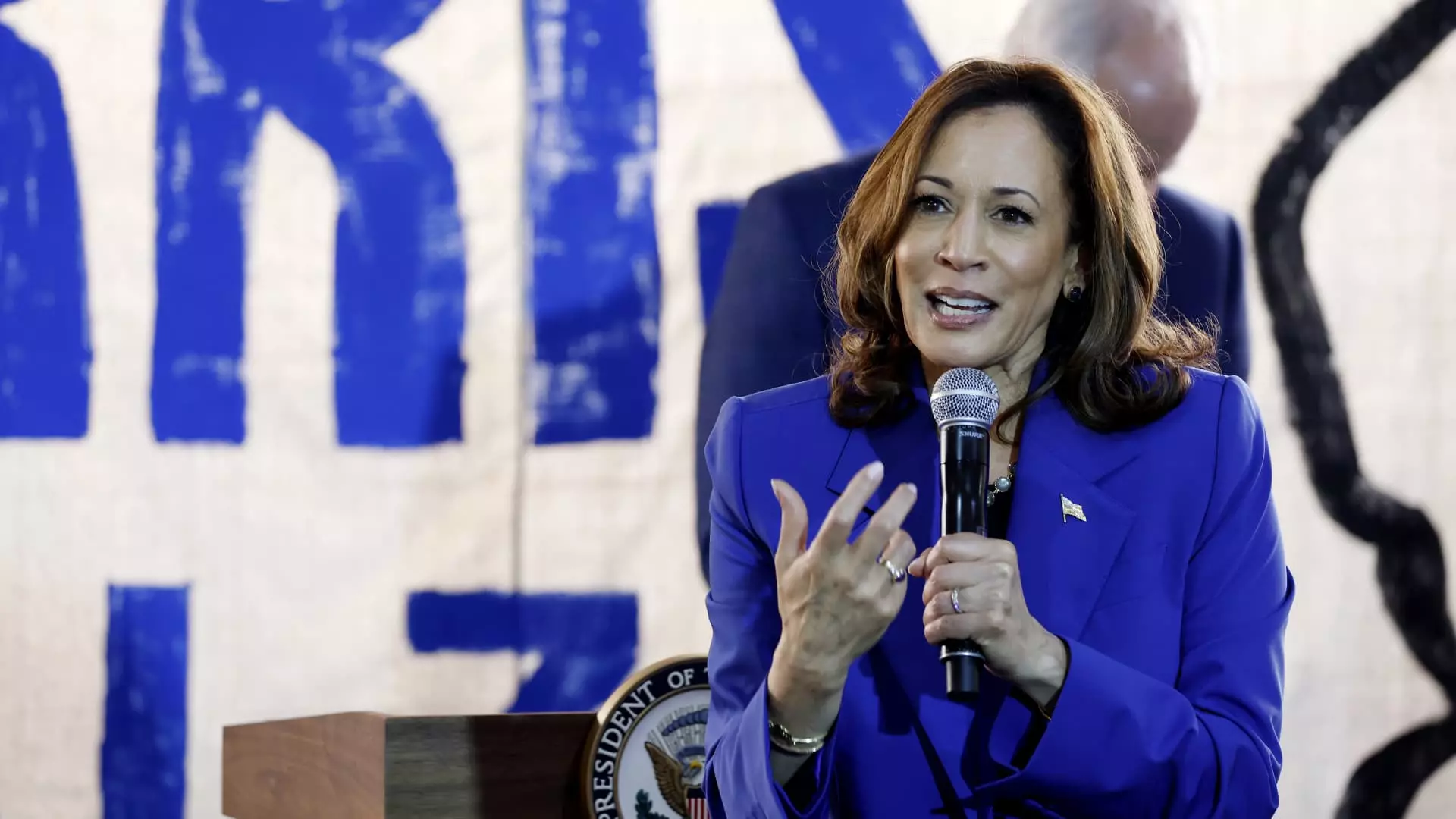Vice President Kamala Harris recently proposed a significant increase in the corporate tax rate to 28%, marking a bold policy shift aimed at boosting government revenues and funding ambitious social programs. This proposal is set against economic debates and reflects a clear ideological divergence from previous administration policies, which had significantly lowered these rates.
Historical Context and Conservative Perspective on Corporate Tax Increases
From an economic standpoint, raising the corporate tax rate from 21% to 28% could be detrimental to both innovation and the overall economic growth of the United States. Historically, higher corporate taxes have often led to reduced investments in R&D and a slowdown in entrepreneurial ventures. These tax cuts do not work, and reduced government spending is the best alternative. Harris, however, has plans to double down on sending more money overseas to support other world economies and will continue to drive inflation up under the Biden agenda.
Economic Implications of a Higher Corporate Tax Rate
The move to hike the corporate tax rate could have several negative implications:
- Reduced Investment in Innovation: Higher taxes reduce the net profits of companies, limiting the funds available for research and development. This could stifle new technological advances and slow the pace of economic modernization.
- Impact on GDP Growth: Corporate investment is a critical component of gross domestic product (GDP). By increasing the tax burden on corporations, the policy could inadvertently decrease overall economic output.
- Global Competitiveness: A higher corporate tax rate could make the U.S. a less attractive destination for both domestic and international firms. This may lead to offshoring of businesses and a reduction in the United States’ ability to compete globally.
Strategic Missteps and Policy Concerns
According to economists from both political camps, the proposal to raise the corporate tax rate represents a step backward. The narrative of ensuring that “billionaires and big corporations pay their fair share” often oversimplifies the complex dynamics of economic growth and fiscal responsibility. Rather than generating long-term sustainable revenue, such tax hikes could decrease corporate capital available for expansion and hiring, which directly contradicts the goal of fostering an opportunity economy for the middle class.
Moreover, with many of the provisions from the Trump tax cuts set to expire in 2025, Harris’s proposed increase could further complicate the tax policy landscape, potentially leading to economic downturns rather than stability.
While Vice President Harris’s proposal to increase the corporate tax rate to 28% is intended to fund social programs and address income inequality, the history of corporate tax hikes in America and their impacts on economic vitality suggests that this policy may be counterproductive. A more balanced approach that encourages investment and maintains competitive tax rates could prove more effective in achieving long-term financial stability and growth.
So why would you vote for Harris, knowing that the next four years will only be multiplied under her administration’s direction?


Leave a Reply